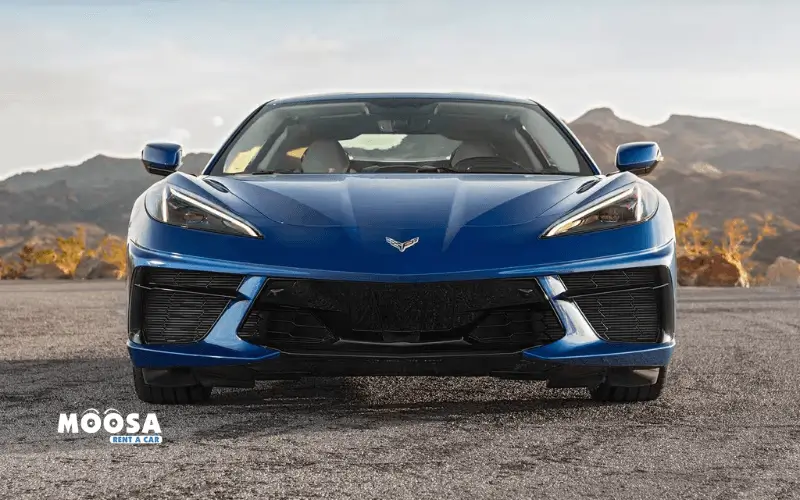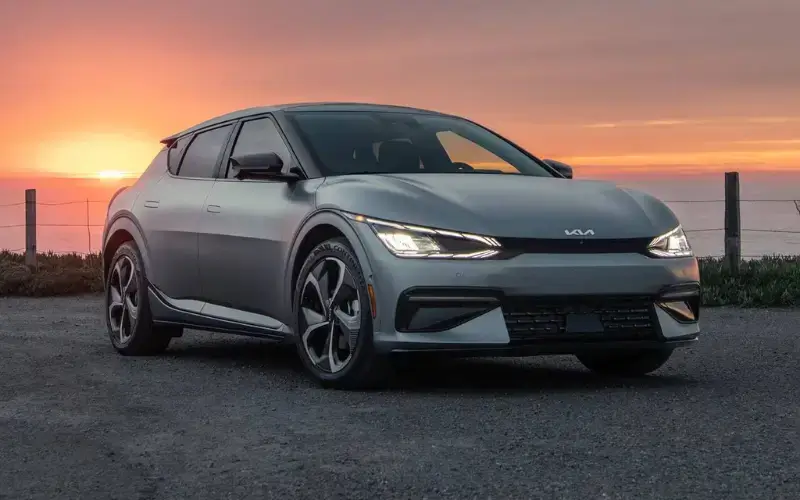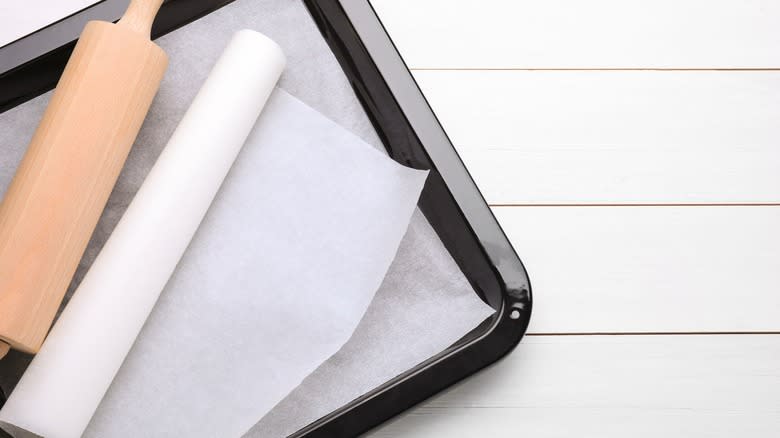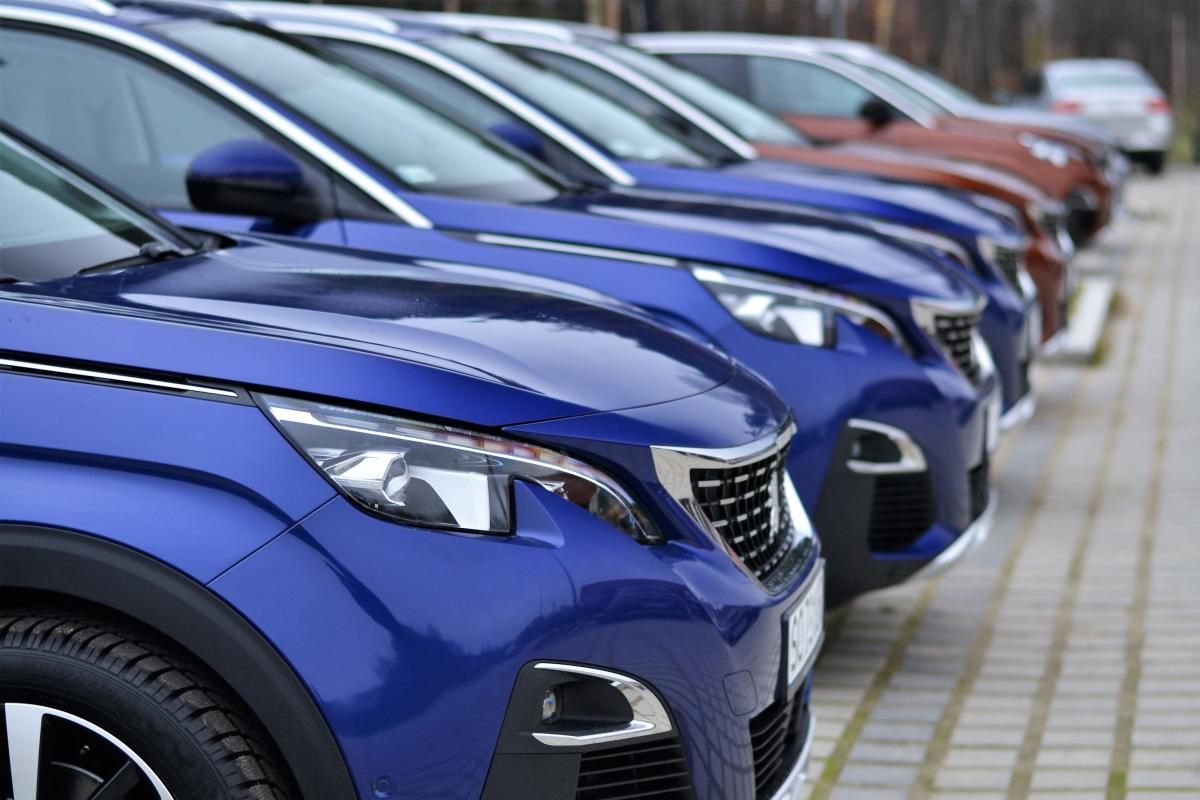Driving in Dubai: Essential Tips for First-Time Renters

Strong 8k brings an ultra-HD IPTV experience to your living room and your pocket.
Driving in Dubai can be an exhilarating experience, thanks to its modern infrastructure and stunning landscapes. However, for first-time renters, navigating the roads can be a bit daunting. This guide provides essential tips to help you drive safely and confidently in this vibrant city, especially if you choose to rent a car in Dubai.
Understanding Dubai's Road System
Well-Maintained Highways
Dubai boasts an extensive network of well-maintained highways. The Sheikh Zayed Road is the main arterial road that connects various parts of the city, making it easy to travel to popular destinations. The roads are generally wide and equipped with multiple lanes, allowing for smooth traffic flow.
Road Signs and Navigation
Most road signs in Dubai are in both Arabic and English, making it easier for international visitors to navigate. Familiarizing yourself with common road signs, such as speed limits, exits, and pedestrian crossings, will help you drive more confidently. GPS navigation systems are widely used and can significantly aid in finding your way around the city.
Renting a Car in Dubai
Choosing the Right Rental Company
When you decide to rent a car in Dubai, it’s crucial to choose a reputable rental company. Major international brands such as Hertz, Avis, and Budget, as well as local companies, offer a variety of vehicles. Compare prices, read reviews, and check the terms and conditions, especially regarding insurance coverage.
Required Documents
To rent a car in Dubai, you’ll need to present several documents, including:
A valid driver’s license (an International Driving Permit may be required for some nationalities).
A passport or a copy of your passport.
A credit card in the name of the primary driver.
Make sure your documents are in order before heading to the rental office.
Insurance Options
Understanding the insurance options available for your rental car is essential. Basic insurance is usually included in the rental price, but it may have a high deductible. Consider purchasing additional coverage for peace of mind, especially if you're unfamiliar with driving in a new country.
Driving Rules and Regulations
Speed Limits
Speed limits in Dubai are strictly enforced, with cameras monitoring traffic in many areas. The general speed limits are:
60-80 km/h in urban areas
100-120 km/h on highways
Always adhere to the speed limits to avoid hefty fines and ensure your safety.
Seat Belts and Child Safety
Seat belts are mandatory for all passengers in the vehicle. Children under the age of four must be secured in a child safety seat, while those between four and eight must use a booster seat. Make sure to comply with these regulations to ensure the safety of all passengers.
Alcohol Consumption
Driving under the influence of alcohol is strictly prohibited in Dubai, with a zero-tolerance policy. If caught, you could face severe penalties, including fines, imprisonment, and deportation. It’s advisable to avoid consuming any alcohol if you plan to drive.
Navigating Traffic Conditions
Understanding Traffic Flow
Dubai's traffic can be heavy, particularly during peak hours (morning and evening). Be prepared for congestion and allow extra travel time. Patience is key when navigating busy roads.
Roundabouts and Intersections
When approaching roundabouts, yield to vehicles already in the circle. Use your indicators to signal your intentions. At intersections, be mindful of traffic lights and pedestrian crossings to ensure safety.
Lane Discipline
Keep to your lane and avoid sudden lane changes. The left lane is typically reserved for faster-moving traffic, while the right lane is for slower vehicles. Always use your indicators when changing lanes to communicate with other drivers.
Parking in Dubai
Finding Parking Spaces
Dubai offers a variety of parking options, including multi-story parking lots, street parking, and designated parking areas. Look for signs indicating available spaces, and be aware that parking can fill up quickly in popular areas.
Parking Fees
Most public parking areas require a fee, which can be paid through parking meters or mobile apps. Be sure to check the parking regulations and fees in each area to avoid fines.
Valet Parking
Many hotels, restaurants, and shopping centers in Dubai offer valet parking services. This can be a convenient option, especially in busy areas. Just remember to tip the valet attendant for their service.
Dealing with Emergencies
Roadside Assistance
It's wise to inquire about roadside assistance when you rent a car in Dubai. Most rental companies provide this service, which can be invaluable in case of a breakdown or flat tire.
Contacting Authorities
In case of an accident, remain calm and contact the police immediately. They will document the incident and provide you with a report, which is necessary for insurance claims. Exchange information with the other party involved, including names, contact numbers, and insurance details.
Emergency Numbers
Familiarize yourself with emergency contact numbers in Dubai:
Police: 999
Ambulance: 998
Fire: 997
Having these numbers handy can help you respond quickly in case of an emergency.
Cultural Considerations
Respecting Local Customs
Dubai is a multicultural city, but it is important to respect local customs and traditions. Dress modestly when in public areas, and be mindful of your behavior, especially during Ramadan when public displays of eating or drinking are frowned upon during daylight hours.
Patience and Courtesy
Driving in a bustling city like Dubai requires patience. Be courteous to other drivers, and refrain from aggressive driving or road rage. A friendly wave or a smile can go a long way in fostering a positive driving environment.
Conclusion
Driving in Dubai can be a rewarding experience, allowing you to explore the city at your own pace. By understanding the road system, following local regulations, and being mindful of cultural considerations, first-time renters can enjoy a smooth and enjoyable journey. When you choose to rent a car in Dubai, familiarize yourself with the essential tips outlined in this guide, and you’ll be well-prepared to navigate the roads of this dynamic city. Safe travels!
Note: IndiBlogHub features both user-submitted and editorial content. We do not verify third-party contributions. Read our Disclaimer and Privacy Policyfor details.







